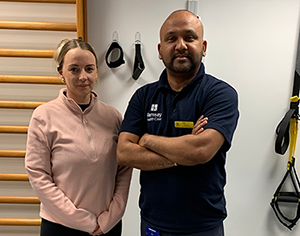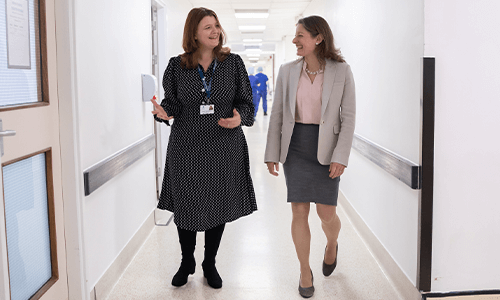An appendicectomy, also known as appendectomy, is a common and safe surgical procedure to remove your appendix if you have appendicitis.
Appendicitis is a painful inflammation of your appendix.
Your appendix is a small organ found in the right lower side of your stomach. Doctors don’t know the exact function of your appendix but they do know that its removal does not cause any problems.
If appendicitis is left untreated your appendix may burst. This is known as a ruptured appendix. The infected contents of your appendix then flow into your abdominal cavity and can cause inflammation of the membrane lining your abdominal wall and organs. This is a serious medical emergency called peritonitis.
Doctors perform an appendicectomy to treat appendicitis and to prevent a ruptured appendix.
You will have a general anaesthetic before your appendicectomy. Surgery to remove your appendix can be performed by making a large cut called open appendectomy, or smaller cuts known as laparoscopic (‘keyhole’) appendectomy. Blood vessels that supply your appendix are clamped and your appendix is cut and removed. Your doctor will make the decision whether to perform an open or laparoscopic appendicectomy based on your circumstances. For example, open appendicectomies are often carried out if your appendix has already burst. Otherwise, laparoscopic surgery is usually the preferred type of appendicectomy as recovery is quicker than with open surgery.



